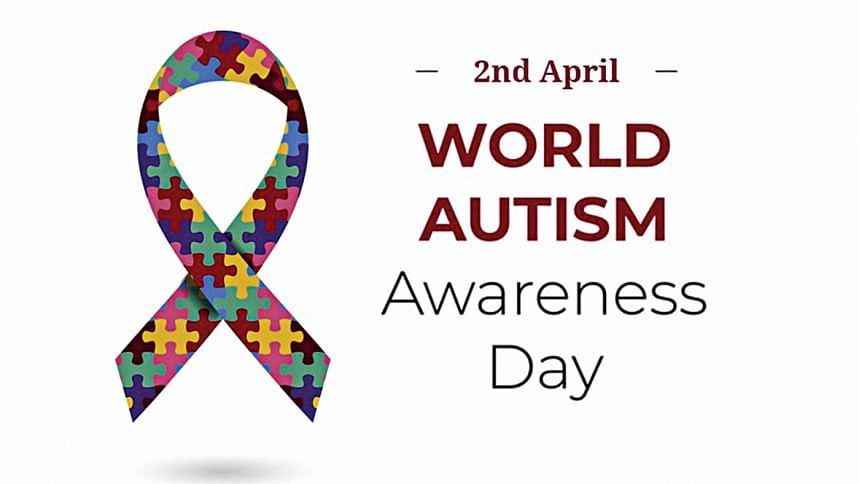50% mothers of children with autism suffer from depression, counselling can help: Studies

Due to stress from hard work and depression, many of these mothers suffer from various diseases. However, most of them cannot seek medical treatment, as they have to remain occupied with their children.
When Aklima Akhter (not her real name) learned that her three-year-old son has autism, her world fell apart. A few months after getting this news, her husband married another woman, and Aklima's in-laws told her that if she conceives another child, the baby will also have autism.
She also faced a great deal of obstacles to get her son admitted to a school.
"All the nearby schools refused to enrol my son, as he has some communication difficulties. I had to accompany my son in the classroom to facilitate his communication, but the school teachers and parents did not allow me to do so," said Aklima.
Finding no other option, she had to enrol her son in a special school for children with autism in Dhaka's Moghbazar area, far away from her house in Sadarghat.
But it's not just Aklima who had to face all this.
Researchers from icddr,b, Shuchona Foundation and National Institute of Mental Health found that 50 percent of mothers of children with autism are suffering from severe mental depression.
One-third of the mothers face negative sentiments from family members, and their quality of life was found to be poor in general. Furthermore, the children often get harassed, assaulted and neglected due to their condition.
The study was conducted among mothers of 388 children with autism and was published in 2019 in the "Autism Research" journal's 13th volume.
The average age of these mothers was 39, and 77 percent of them were housewives. Forty-one percent of them said they did not receive any help from relatives to look after their children.
Dr Aliya Naheed, head of initiative for non-communicable diseases at icddr,b, said, "Due to stress from hard work and depression, many of these mothers suffer from various diseases such as diabetes, high blood pressure and cardiac problems. However, most of them cannot seek medical treatment, as they have to remain very occupied with their children."
She said in general, six to seven percent of adults suffer from mental depression in Bangladesh, however, for mothers of children with autism, the rate is above 45 percent.
But it doesn't have to be like this.
In another more recent study, Dr Aliya and her team found that low-cost, school-based counselling can have promising outcomes in improving the depression status and quality of life of these mothers.
The study was conducted in two special schools for children with autism, where 188 mothers were suffering from depression. The findings were published in the "Global Mental Health" journal on March 23 this year.
For six months, 81 of them took counselling, which was specially developed by a group of psychologists, psychiatrists, neurodevelopmental specialists and educators.
It was observed that mental health improved for most of the mothers, including significant improvement among 40 percent of those who had depression and among 23 percent who did not have depression.
Half of the mothers acquired a normal state of mental health after four sessions, and overall quality of life improved among them, irrespective of having depression.
Dr Aliya said, "The overall out-of-pocket cost of availing the counselling service was about $1 (Tk 80) per session for one person. I am delighted that we have found an affordable mental health service model, which has enormous potential to be scaled up in Bangladesh and other low- and middle-income countries."
Saira Hossain is one such mother who received the counselling service. She said, "Our society can't understand the special needs of these children at all. I used to weep alone every day when I saw my child getting abused by others."
"However, now I'm trying to rediscover my son's latent talents. He is very good at painting. I am also teaching him about his rights so that he can raise his voice for them and be independent," added Saira.
Prime Minister Sheikh Hasina's daughter Saima Wazed -- chairperson of Shuchona Foundation, member of World Health Organization's Expert Advisory Panel on Mental Health and faculty member at Barry University, USA -- was co-author of both research papers.
In a written statement, she said the counselling study provides much-needed evidence that not only shows how mental health programmes can be provided to those who urgently need them, but also that such specialised care can be effectively provided in a manner that makes participation easy and effective.

 For all latest news, follow The Daily Star's Google News channel.
For all latest news, follow The Daily Star's Google News channel. 




Comments